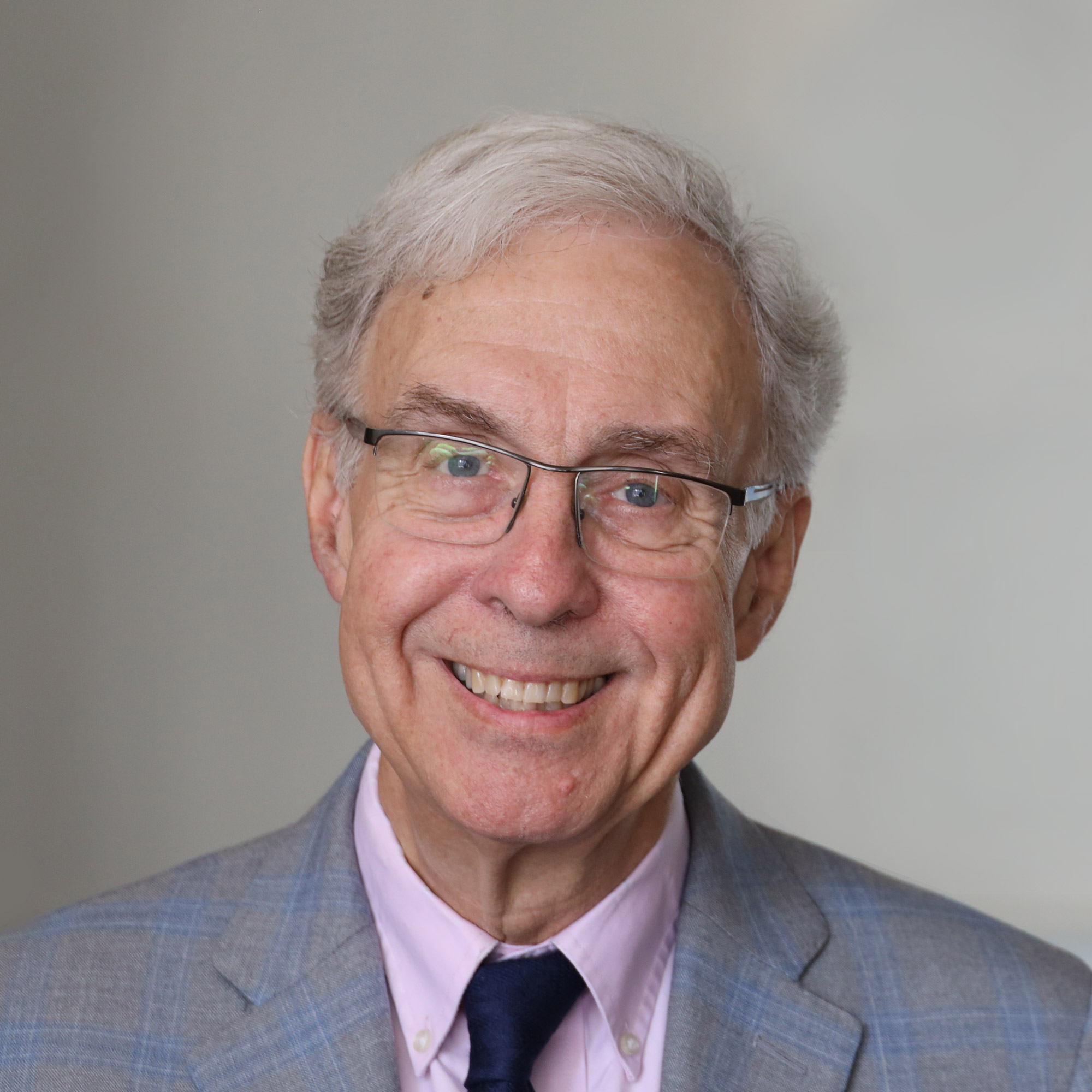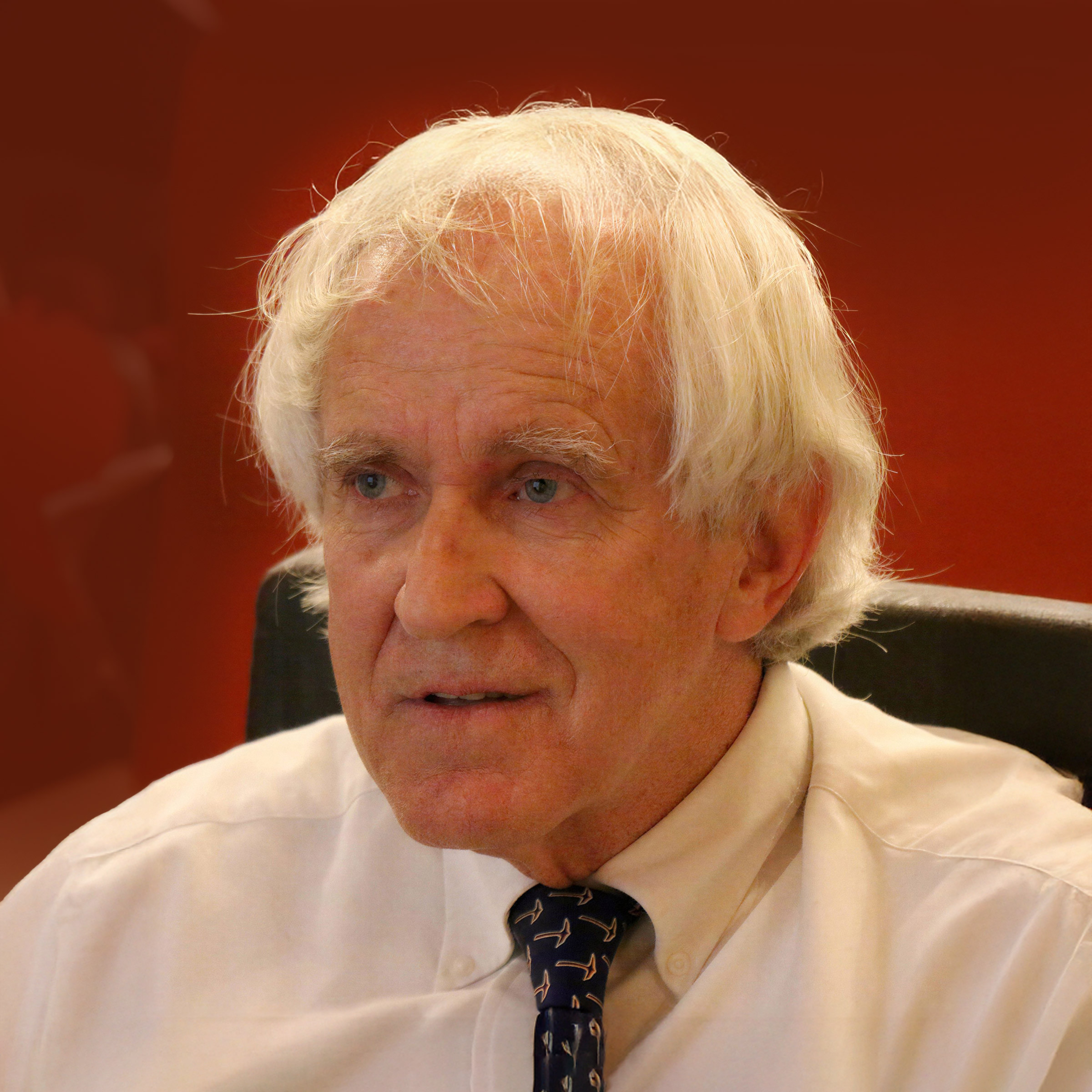Earlier this month, The Immortal Mind co-author Denyse O’Leary did a segment of Jacob Vazquez’s Truthful Hope podcast. Near-death experiences where the experiencer observes things that can be confirmed show that the human mind can function while separated from a body that is in a state of clinical death.
The talk turned to the fact that people of different faiths tend to have experiences consistent with their culture. What does that say about the reality of the experiences? Does it mean they are not real or does it point to something else?
Near-Death Experiences and Theology
O’Leary: One awkward problem with using near-death experiences to validate a theology is that people who were raised in different traditions have near-death experiences that appear to validate their tradition — which you might expect.
The way I try to see it: … When the mind is separated from the body, it’s separated from all the information that our senses give us — all the information from inside, all the information from outside. It’s gone.
So that’s just your mind, the concepts you have. If your concept of what lies beyond is a Christian one, you might see one thing. If your concept was a Buddhist one, you might see something else.
Note: In his book, After (2021), agnostic psychiatrist Bruce Greyson reports that NDEs are more common than we might have expected. For example, in research studies, 10 percent of people whose hearts stopped reported them. People have NDEs whether or not they believe in them. They use “whatever cultural or religious metaphors they have available in order to describe things that don’t have familiar labels” (p. 47). But many interview subjects simply had difficulty finding words to describe their experiences.
O’Leary: Now the fact that the person sees that does not validate the concept because it is the immortal mind’s concept. I’m not saying that people might not get true information from a near-death experience. I believe they do… I’m just saying I would be cautious about attempting to validate truths generally through the reports of near-death experiences.
Because, for one thing, everybody who has a near-death experience comes back and reports it … or else we don’t hear about it. We only hear from the people who came back …
Because someone has a vision in which he sees something doesn’t mean that one should add it to one’s theology. He sees that in part because it was a concept in his mind. But he may in fact get true information. Maybe his guardian angel appears to him and says, “Straighten out your life.” And having come back, he does. I’m not going to say that wasn’t a true vision. I would look to see whether he straightened out his life or not. The best evidence for it being a true vision, given that I have no other (evidence), is that he did straighten out his life.
Not Necessarily a Source of Divine Truths
O’Leary: So again, I think there’s a lot we can learn from near-death experiences. But one way to avoid getting caught up in something unhealthy — from a Christian perspective — is to keep that element of the story in mind. This is a mind separated from the body. It is not necessarily a channel of absolute divine truth. There are probably truths in there, but we must sift, right?
Vazquez: I think that’s good. You don’t want to draw too much from the scientific evidence that we’re seeing. You know, you want to do theology on theology grounds. I think it’s the best way to put it. If you want to do the theological work on these NDEs, take the time and do the work. But it’s going to be a lot of case by case, experience by experience. It’s going to take a lot of work…
NDEs have been around for some time, but I think, to your point earlier, you said just now the conversation is finally opening up in the field of skeptics, where they’re actually willing to have this conversation. That’s a major win.
So keep it where it is. That it shows that materialism is problematic. And then, once we get over that hurdle, maybe more and more work can be done to draw out the theology and whatnot. So I love that conservative approach to NDEs.
Here is why near-death experiences are taken more seriously now. Medical science can attest that a patient was actually dead, by clinical standards, during the time when an NDE is reported. One consequence is that near-death experiences are now treated as a phenomenon worthy of study, rather than a folk or occult belief.
Cross-posted at Mind Matters News.









































